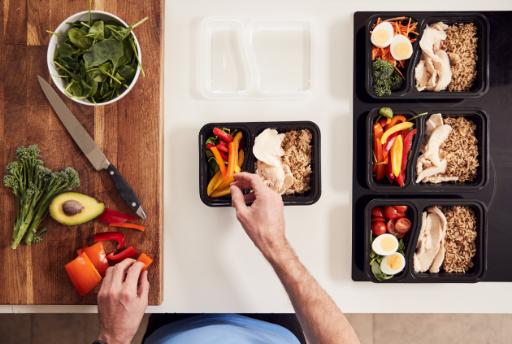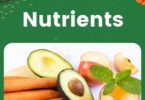Meal prepping is a popular trend among health-conscious people who want to save time, money, and calories by preparing their meals in advance. But is it really worth it? What are the benefits and drawbacks of meal prepping? In this blog, we will explore the pros and cons of meal prepping and give you some tips on how to do it effectively.
What is Meal Prepping?
Meal prepping is the practice of preparing and portioning your meals for the week ahead, usually on a weekend or a designated day. You can cook your meals from scratch or use ready-made ingredients, such as frozen vegetables, canned beans, or pre-cooked grains. You can also customize your meals according to your dietary preferences, such as vegetarian, vegan, gluten-free, or high-protein.
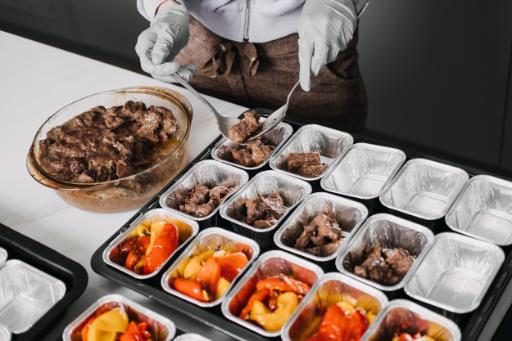
Meal prepping can help you achieve various goals, such as:
- Eating healthier: By planning and preparing your meals in advance, you can avoid the temptation of ordering takeout, eating junk food, or skipping meals. You can also control the quality and quantity of the ingredients and ensure that you get enough nutrients, such as vitamins, minerals, fiber, and protein.
- Saving money: By buying ingredients in bulk, cooking at home, and reducing food waste, you can save a lot of money on your grocery bills. You can also take advantage of seasonal produce, sales, and coupons to get the best deals.
- Saving time: By cooking once and eating multiple times, you can save time on cooking, cleaning, and shopping. You can also enjoy the convenience of having your meals ready to go, whether you need to eat at home, at work, or on the go.
The Pros of Meal Prepping
Meal prepping has many advantages, such as:
- Improving your health: Meal prepping can help you improve your health by helping you eat more balanced, varied, and nutritious meals. You can also avoid processed foods, additives, preservatives, and excess salt, sugar, and fat that are often found in restaurants or packaged foods. Meal prepping can also help you manage your weight, blood sugar, cholesterol, and blood pressure by allowing you to control your portions and calories.
- Reducing your stress: Meal prepping can reduce your stress by eliminating the hassle of deciding what to eat, cooking every day, and dealing with leftovers. You can also enjoy more peace of mind, knowing that you have your meals sorted for the week. Meal prepping can also give you more time and energy to focus on other aspects of your life, such as work, family, hobbies, or relaxation.
- Boosting your creativity: Meal prepping can boost your creativity by allowing you to experiment with different recipes, cuisines, flavors, and spices. You can also mix and match other ingredients, such as vegetables, grains, legumes, nuts, seeds, fruits, herbs, and sauces, to create your own unique dishes. Meal prepping can also help you discover new foods, expand your palate, and have fun in the kitchen.
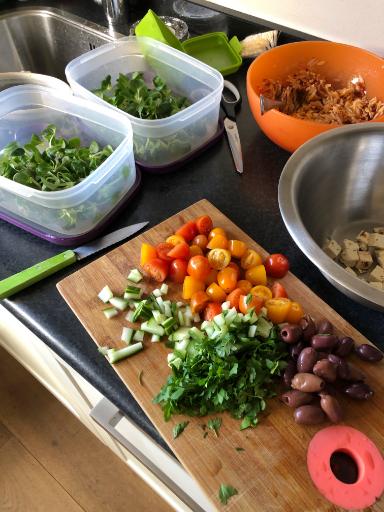
The Cons of Meal Prepping
Meal prepping also has some disadvantages, such as:
- Taking time and effort: Meal prepping can take a lot of time and effort, especially if you are new to it or have a busy schedule. You need to plan your menu, shop for ingredients, cook your meals, store them, and reheat them. You also need to invest in some equipment, such as containers, labels, freezer bags, and a cooler bag. Meal prepping can also be tedious, dull, or overwhelming, especially if you have to cook large batches of food or repeat the same meals every week.
- Reducing your flexibility: Meal prepping can reduce your flexibility by limiting your choices and spontaneity. You may not be able to eat according to your mood, appetite, or cravings. You may also miss out on social opportunities, such as eating out with friends, family, or colleagues. Meal prepping can also make you feel guilty or wasteful if you deviate from your plan or have leftovers that go bad.
- Affecting your food quality and safety: Meal prepping can affect your food quality and safety by compromising the freshness, flavor, texture, and appearance of your food. You may also lose some nutrients, such as vitamin C, B vitamins, and antioxidants, due to exposure to air, light, heat, and moisture. Meal prepping can also pose some health risks, such as food poisoning, if you do not store, handle, or reheat your food correctly.
How to Meal Prep Effectively
Meal prepping can be a great way to improve your health, save money, and save time, but it also has some drawbacks. To make the most of meal prepping, you need to do it effectively. Here are some tips on how to meal prep effectively:
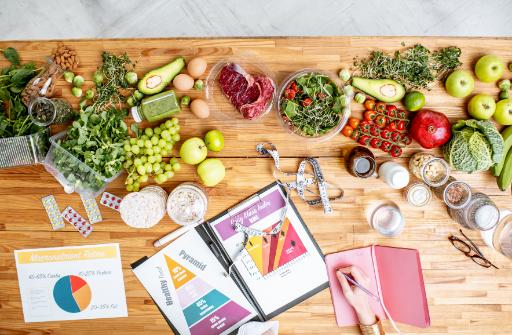
- Start small: If you are new to meal prepping, start small and simple. Choose one or two meals to prep for the week, such as breakfast and lunch or dinner and snacks. You can also start with one or two days, such as Monday and Wednesday or Tuesday and Thursday. Gradually increase your frequency and variety as you get more comfortable and confident with meal prepping.
- Plan: Planning is the key to successful meal prepping. Before you start cooking, make a list of the meals you want to make, the ingredients you need, and the steps you need to follow. You can also use a calendar, a planner, or an app to organize your menu and schedule. Planning can help you save time, money, and hassle, as well as avoid impulse buying, overeating, or under-eating.
- Choose your recipes wisely: Choosing your recipes wisely can help you enjoy your meals and prevent boredom. Look for recipes that are easy, quick, healthy, delicious, and versatile. You can also look for recipes that use similar ingredients, such as chicken, rice, broccoli, or cheese, to save money and reduce waste. You can also look for recipes that are suitable for freezing, reheating, or eating cold, such as soups, stews, casseroles, salads, or sandwiches.
- Use your keywords: If you want to target specific keywords, such as vegetarian meal prep or protein meal prep, make sure to use them in your title, headings, and content. You can also use synonyms, variations, or related words, such as plant-based, vegan, meatless, or high-protein, to increase your relevance and reach. You can also use keywords to narrow down your niche, such as vegetarian meal prep for weight loss, protein meal prep for muscle building, or gluten-free meal prep for celiac disease.
- Be creative and flexible: Being creative and flexible can help you make meal prepping fun. You can use different methods, such as roasting, baking, grilling, steaming, or sautéing, to cook your food. You can also use different spices, herbs, sauces, or dressings to flavor your food. You can also mix and match various components, such as grains, vegetables, proteins, or fruits, to create your combinations. You can also adjust your portions, calories, or macros according to your needs and goals.
Protein Meal Prep VS Vegetarian Meal Prep
Protein meal prep is a type of meal planning that focuses on including high-quality protein sources in every meal, such as meat, poultry, fish, eggs, dairy, or protein supplements. Protein meal prep can help you build muscle, lose weight, feel full, and boost your metabolism. However, protein meal prep can also be expensive, time-consuming, repetitive, and potentially harmful to your kidneys, liver, or bones if you consume too much protein.
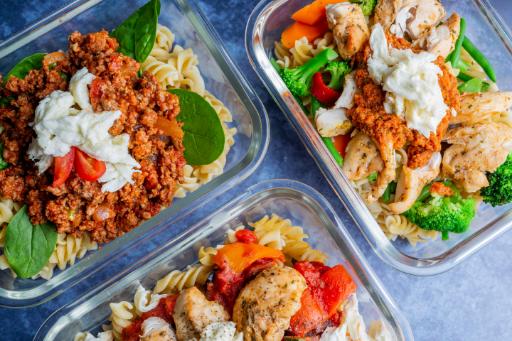
Vegetarian meal prep is a type of meal planning that excludes meat, poultry, and fish but may include eggs, dairy, or other animal products, depending on the type of vegetarianism. Vegetarian meal prep can help you eat more vegetables, fruits, grains, legumes, nuts, and seeds, which are rich in fiber, vitamins, minerals, antioxidants, and phytochemicals. Vegetarian meal prep can also help you save money, reduce your environmental impact, and lower your risk of chronic diseases, such as heart disease, diabetes, and some cancers. However, vegetarian meal prep can also be challenging, dull, or inadequate if you do not plan well, vary your meals, or supplement your diet with essential nutrients, such as protein, iron, calcium, vitamin B12, and omega-3 fatty acids.
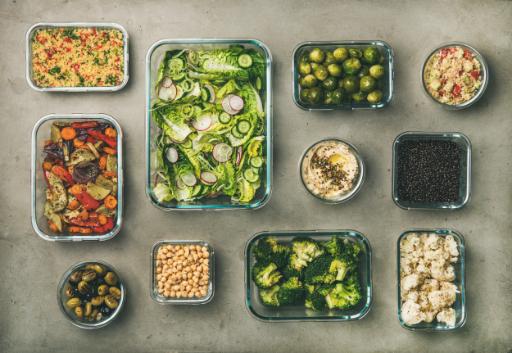
Both protein meal prep and vegetarian meal prep have their pros and cons, and the best choice depends on your personal preferences, goals, and needs. You can also combine the two approaches by following a plant-based diet that includes high-protein foods, such as tofu, tempeh, seitan, edamame, lentils, beans, quinoa, nuts, seeds, or protein powders. This way, you can enjoy the benefits of both protein and vegetarian meal prep while avoiding the drawbacks.
Conclusion
Meal prepping is a great way to eat healthier, save money, and save time, but it also has some pros and cons. To make the most of meal prepping, you need to start small, plan, choose your recipes wisely, use your keywords, and be creative and flexible. By following these tips, you can make meal prepping a rewarding and enjoyable experience.

